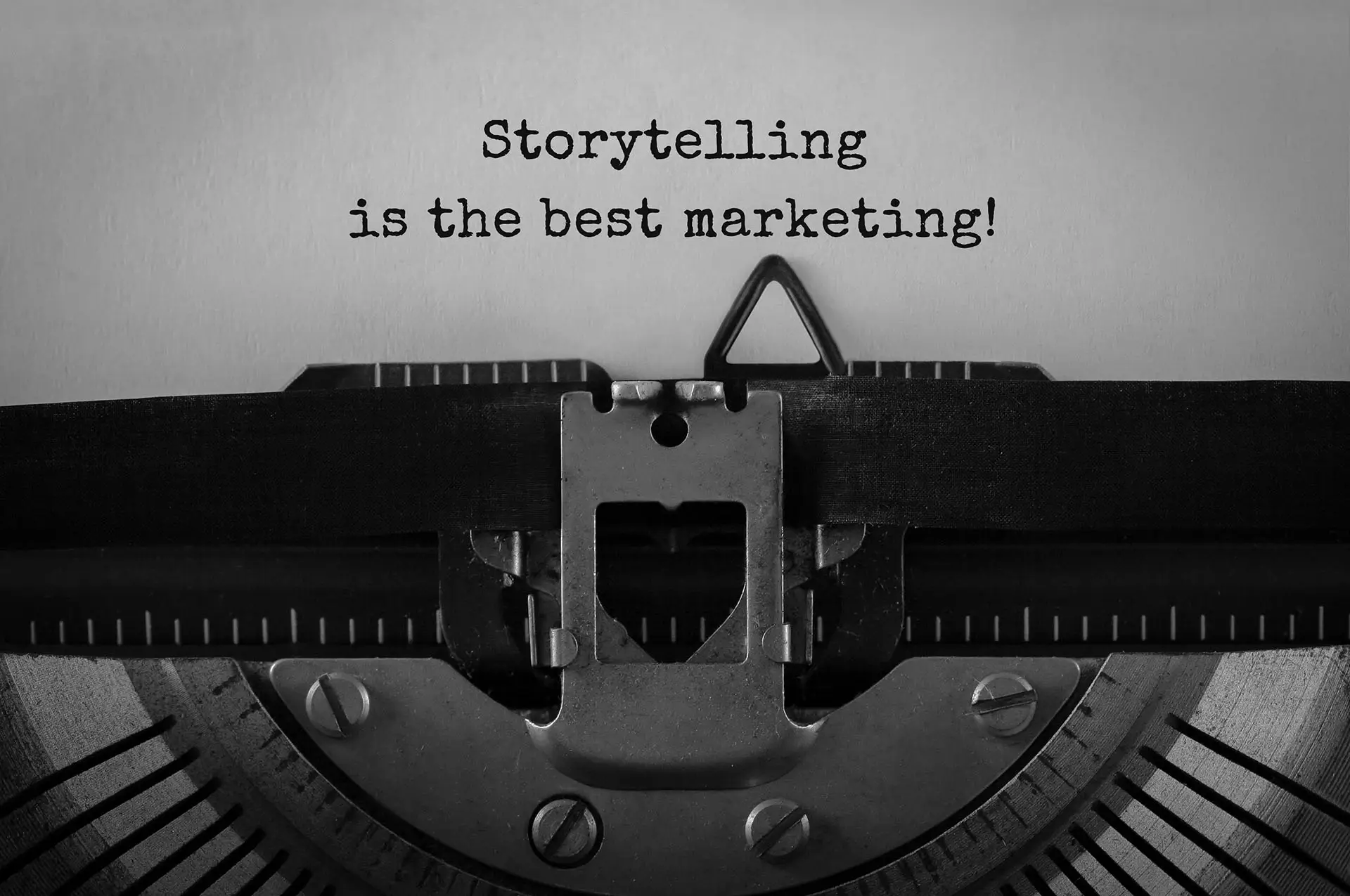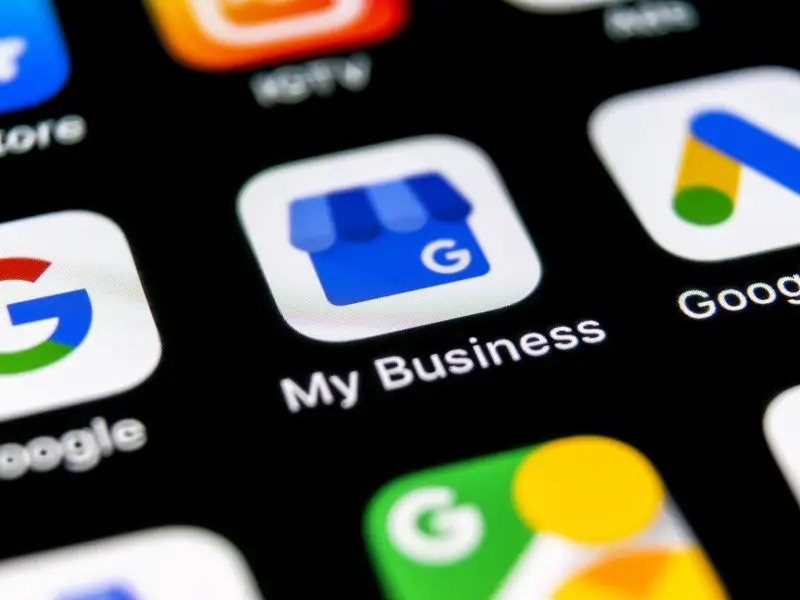Tell a Story if You Really Want to Be Remembered
You can create a strong brand, fill your site with all the features and benefits in the world, but if you truly want to engage with visitors, you need to be a good storyteller. Since the dawn of civilisation, stories have been a way of sharing history, entertaining and building connections.
We trust stories. They draw us in, engage different parts of our brain and help us to relate.
For example, if you simply tell a potential customer that one of your key benefits is great customer service, they may shrug and think, “Well, that’s what everyone says.” But if you share a story about a customer last week who had an issue and how you took the time to resolve it, you show—rather than tell—that you’re committed to customer service. That story connects at a deeper level, illustrating how much you value your clients and the lengths you’ll go to for them.
Show, Don’t Tell
Case studies are an excellent way to incorporate storytelling into your sales process. You can demonstrate how customer X had a problem, how you provided a solution and how you went above and beyond to ensure they were satisfied. Blog posts also offer an ideal space to tell a compelling story and allow visitors to immerse themselves in your business’s vision and the experiences of your customers.
Good storytelling can:
- Engage customers straight away.
- Motivate them to act more quickly.
- Build trust in a way that mere facts and promises can’t.
- Transform dull data into memorable stories that stick with consumers.
Stories are rich in both language and imagery. When you tell a story, consumers can visualise situations more easily than when you simply state statistics or features. They can see how your product or service is used in the real world, leading to tangible results. Think of it like this: your features and benefits might be a black and white 15-inch TV, while storytelling brings your product to life in full-colour, surround sound, on a cinema screen!
What Makes a Great Story?
A great story should have a hero that your audience can identify with. That hero should face a challenge or problem (what literary types call a “stimulus”), creating tension and conflict. The story’s key is how the hero resolves this problem. The solution will transform them and the moral of the story is that this resolution, usually your product or service, is what empowers the hero to succeed.
Let’s simplify it in sales terms:
- The hero is your customer.
- The problem could be anything from a legal issue to needing better tech or wanting to reach more customers.
- The solution is your product or service. You swoop in, save the day, and make your customer’s life easier or more successful.
Tell a Story if You Really Want to Be Remembered
A great story isn’t just about what you say, but how you say it. Passion and belief in your story are key to creating resonance with your audience. If your story evokes an emotional reaction, it becomes a hundred times more memorable than a bland list of features and benefits. This connection makes your customer more likely to remember your business—and to buy from you.
At The Last Hurdle, we’ve been sharing our stories for nearly 5 years, generating enquiries and building relationships with clients who remember our journey. So, what’s your story?
If you need help crafting yours, don’t hesitate to get in touch with us. Let us help you tell the stories that will resonate with your audience and grow your business.





